#SafetyLegislation
NHTSA Returning For Second Round Of US Senate Testimony September 16
A couple of months after General Motors CEO Mary Barra turned up inside the Beltway for a second round of testimony before the United States Senate over its part of the February 2014 ignition switch crisis, it’s now the National Highway Traffic Safety Administration’s own second turn in the hot seat.
Google Wanted Autonomous Vehicle Driver Interventions Kept Quiet
In the entire time Google has been working on delivering an autonomous future upon the driving populace, only one accident was reported, and was caused by human error. That said, the tech giant would prefer you not to know that or of any similar future incidents.
Cell Phone Bans Failing To Curb Accident Rates
If any legislators were hoping banning cell phone use behind the wheel would cut down on accidents and fatalities linked to distracted driving, it may have been all for naught according to a handful of studies on the matter.
Blumenthal, Casey Introduce Hide No Harm Act
Wednesday, Sens. Richard Blumenthal of Connecticut and Bob Casey of Pennsylvania introduced the Hide No Harm Act of 2014, which would criminalize the act of corporate concealment.
GM Dealers Deal With Part Backlog, CEO Asked To Back Rental Car Bill
Automotive News reports the repairs of some 2.6 million vehicles affected by the 2014 General Motors ignition switch recall will be delayed by one week as the needed part slowly enters into the automaker’s dealership network. Though most dealers thought they would be receiving the part Monday, GM spokesman Kevin Kelly insisted the part was set to arrive sometime during “the week of April 7”:
We plan to send letters this week informing affected customers that parts are arriving at dealerships and to schedule a service appointment with their dealer. Repairs are likely to begin to follow soon after the customer letter mailing.
Until then, dealerships may face service backlogs, especially with affected vehicles already on the lot that cannot be sold until they are repaired, which can only happen once customer vehicles go through the 30-minute swap. On the other hand, while dealers have noticed some frustration from their customers, the majority of their base was found to be patient with the status of the repair plan.
Congress Looks To Revamp Automotive Safety Legislation
In the wake of the 2014 General Motors recall crisis, Congress has sought to make improvements to current United States automotive safety legislation, though a number of hurdles await any pending bills needed to usher change to the automotive industry.
GM To Go Before Senate Panel, As Allegations Of Hardball Tactics Surface
General Motors CEO Mary Barra and National Highway Traffic Safety Administration acting director David Friedman will testify before the United States Senate on April 2 about their respective parties’ handling of the ongoing GM ignition recall crisis just as two senators introduced a bill expanding public access to safety filings made by all automakers to the federal government.
Double Safety Standards Abound in Latin America, Global Markets
Should you find yourself renting a Chevrolet Spark in Acapulco in the near future, beware: it won’t have the same safety features — as in none at all — as the Spark exported to your local dealership. In fact, unless a car or truck screwed together in Mexico is bound for the United States or Europe, only the bare minimum, if any, in safety features will be available to customers in Latin America shopping for base models.
1974: Seat Belt Starter Interlocks Piss Off More People Than Watergate Scandal
While I do think that the early 1990s produced some great cars, the US government-mandated automatically-deployed shoulder belts of the era (for vehicles without then-optional airbags) were utterly maddening. When the mechanisms went bad— as they often did— you had no shoulder belt or, perhaps even worse, a belt that deployed and retracted constantly during a drive; I experienced this once in a Mazda 323 and was hoping for a quick, painless nuclear war to remove me from the planet by the end of the drive. However, the American driving public had become mostly pro-seat-belt by that time, what with the debunking of the “you want to be thrown clear from the wreck” myth, and public outcry over automatic belts was limited to some minor grumbling. This was most definitely not in 1974, when all new cars and light trucks sold in the United States featured DOT-mandated interlocks that prevented engine starting unless driver and front-passenger belts were fastened; widespread outrage blowtorched the ears off of every congressman in the country, and the House killed the starter-interlock requirement late in the year.



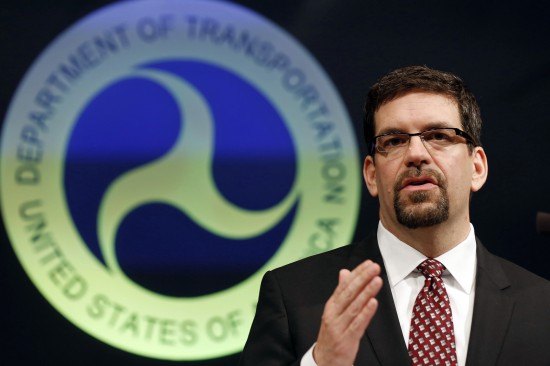

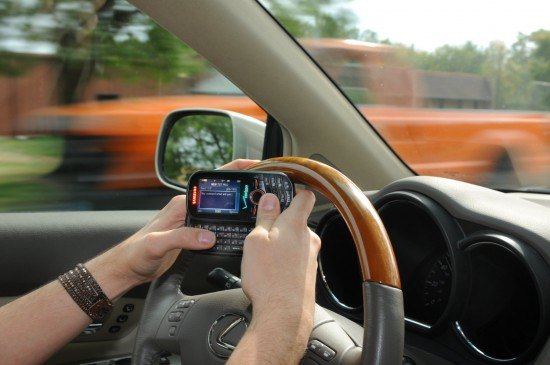
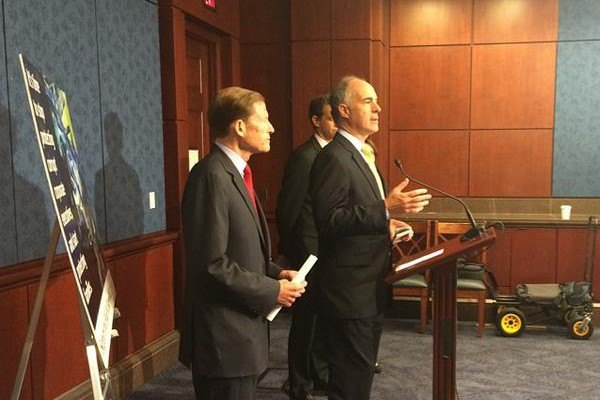
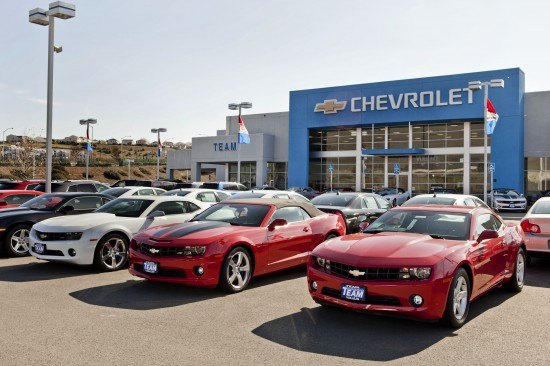


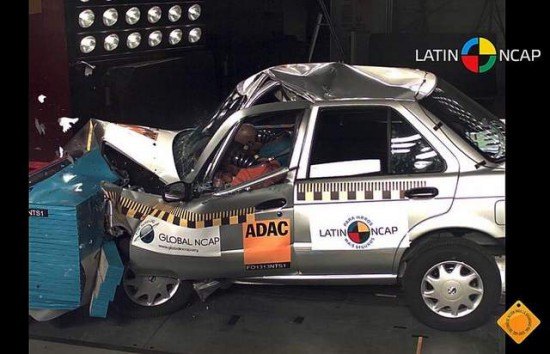













Recent Comments